Imagine waking up to the smell of freshly brewed coffee, automatically brewed, triggered by your alarm clock, set by your smartwatch that tracks your sleep and natural wake-up time. All of these devices communicate with each other behind the scenes, like your own, personal digital butler.
This interconnected landscape is called #theinternetofthings
“The Internet of Things (IoT) refers to the vast network of interconnected devices that are embedded within technology and connected to the Internet, enabling them to communicate, collect and exchange data, and perform intelligent actions without human intervention.”
The IoT blends the digital and physical realm and revolutionizes the way we interact with the world by enabling seamless communication between physical objects and the internet.
The impact of the IoT extends across various industries, for example:
- Healthcare: IoT devices, such as wearables and remote monitoring systems to track patient status in real-time.
- Retail: IoT-enabled warehouse robots can track inventory and wireless shipping devices can give real-time monitoring of goods.
- Smart Cities: IoT technologies use smart grids and create efficient waste management. Sensors and payment devices can be used to track and optimize transportation systems.
From optimizing daily routines to transforming entire industries, the IoT holds immense potential to enhance efficiency, improve lives, and drive innovation. As we continue towards the interconnected future, it is crucial to prioritize security, privacy, and ethical considerations to ensure a safe and responsible IoT ecosystem that benefits society as a whole.



